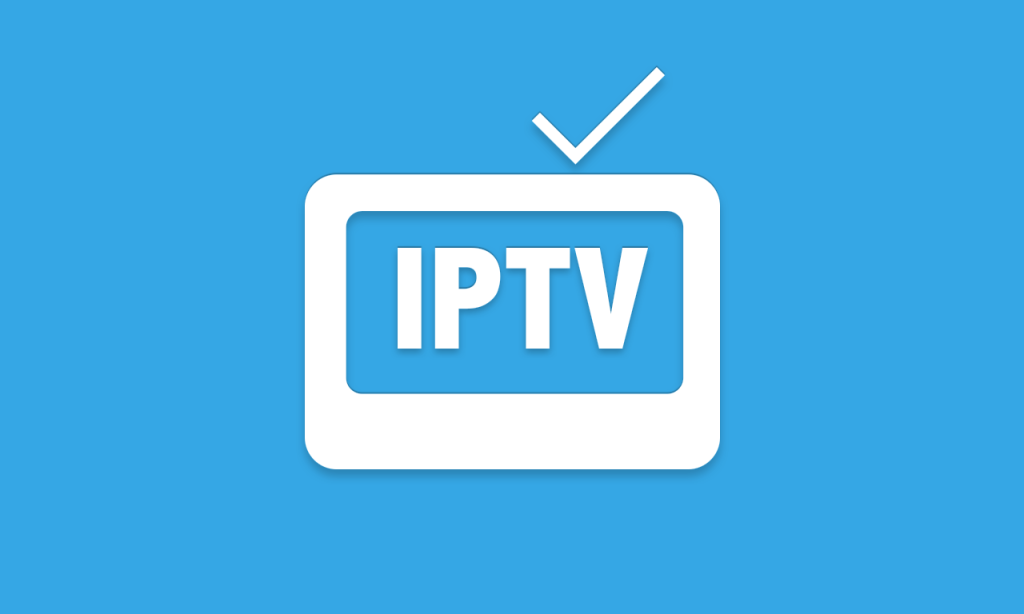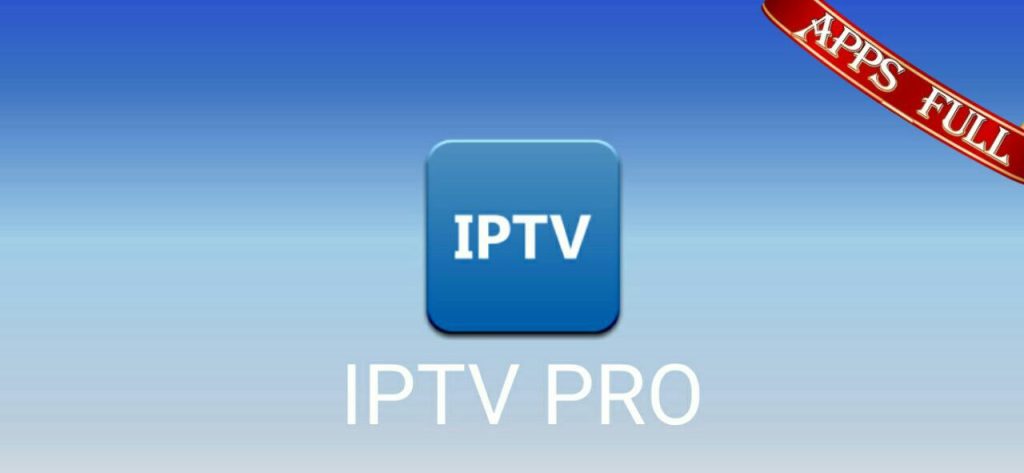Why Does IPTV Lag: Factors Affecting Streaming Quality
Introduction to Why Does IPTV Lag Explanation of IPTV lag and its impact on streaming quality Why Does IPTV Lag? IPTV, or Internet Protocol Television, relies heavily on a stable internet connection to deliver high-quality streaming content to users. One of the common issues experienced by IPTV viewers is lag, which can significantly diminish the viewing experience. When lag occurs, users may encounter buffering, freezing, or poor video quality during their streaming sessions. This disruption can be frustrating and impact the overall enjoyment of the content being watched. Overview of the main factors affecting IPTV lag Several factors can contribute to lag on IPTV platforms, ultimately affecting the streaming quality. Understanding these key factors is essential for users to address and potentially resolve any lag-related issues they may encounter. The primary factors impacting IPTV lag include: 1. Internet Speed: The speed and stability of the internet connection play a crucial role in determining the quality of IPTV streaming. Inadequate internet speeds can result in buffering and freezing during playback, leading to a subpar viewing experience. To enhance stream quality, users should ensure they have a stable and high-speed internet connection that can support uninterrupted streaming. 2. Network Conditions: Apart from internet speed, the overall network conditions also play a significant role in IPTV lag. Factors such as network congestion, signal interference, and network bandwidth limitations can all contribute to lag issues. Users should consider optimizing their network setup, such as using wired connections instead of Wi-Fi or upgrading their network equipment, to improve streaming quality. 3. Hardware and Device Performance: The performance of the device used for streaming IPTV content can impact lag and streaming quality. Outdated hardware, insufficient RAM, or processor capabilities can result in delays and buffering during playback. Users should ensure that their devices meet the recommended specifications for IPTV streaming to prevent performance-related issues. 4. Server Performance: The efficiency of the IPTV service provider’s servers is another critical factor affecting lag and stream quality. Overloaded servers, server downtime, or inefficient data routing can all impact the smooth delivery of content to viewers. Choosing a reliable IPTV service provider with robust server infrastructure can help mitigate server-related lag issues. By addressing these key factors that contribute to IPTV lag, users can enhance their streaming experience and enjoy high-quality content without disruptions. Appropriate Internet Speed Importance of internet speed in preventing IPTV buffering and freezing Factual Data states that the top reason for experiencing IPTV buffering and freezing is due to inadequate internet speeds. When users do not have sufficient internet speed, it leads to interruptions in the streaming service, causing frustration and disruption in their viewing experience. Consumers must ensure that they have a stable and high-speed internet connection to entertainment uninterrupted IPTV services. Recommended minimum internet speed for optimal IPTV viewing The recommended internet speed for optimal IPTV viewing is crucial in delivering a smooth and seamless streaming experience. According to industry standards, users should have a minimum download speed of 7-10 Mbps and an upload speed of 1-3 Mbps. These speeds are necessary to support the bandwidth requirements of IPTV services and prevent buffering or freezing issues while streaming content. By adhering to these recommended speeds, users can enhance their viewing experience and avoid disruptions during their IPTV sessions. Server Performance Role of server performance in IPTV streaming quality When it comes to IPTV streaming quality, the performance of the server plays a crucial role. The server is responsible for delivering the content to the viewers, and if it is not optimized or functioning well, it can lead to buffering and freezing issues. Users may experience interruptions in their streaming sessions due to server congestion or slow response times. Therefore, ensuring that the IPTV service provider has a reliable and high-quality server infrastructure is essential for a seamless viewing experience. How server tests and channel adjustments can improve IPTV service? To enhance IPTV service quality, conducting server tests and making necessary channel adjustments are vital steps. By regularly testing the server’s performance, providers can identify any bottlenecks or inefficiencies and take corrective actions to improve overall streaming reliability. Additionally, adjusting channel settings, such as bitrates and resolutions, can optimize the viewing experience for users with varying internet speeds. These proactive measures can help minimize buffering issues and ensure consistent streaming performance for IPTV users. Network Connectivity Impact of low internet speed on channel loading and buffering time Insufficient internet speed not only affects the loading speed of channels but also significantly increases buffering time during IPTV streaming. Users may experience delays in channel loading and constant interruptions in playback due to the limited bandwidth provided by slow internet connections. This emphasizes the importance of having a stable and high-speed internet connection to ensure a seamless viewing experience without disruptions. How suppliers address and resolve network connectivity issues? Suppliers in the IPTV industry prioritize addressing network connectivity issues to enhance the quality of service provided to users. One common approach taken by suppliers is conducting server tests and channel migrations to optimize server performance for better connectivity. By continuously monitoring and adjusting server configurations, suppliers can mitigate network connectivity issues and improve the overall streaming experience for customers. Additionally, suppliers also assist customers in troubleshooting their internet speed concerns and recommend suitable speeds to eliminate buffering and freezing problems during IPTV streaming sessions. Audio/Video Codecs Significance of audio and video codecs in IPTV streaming quality The choice of audio and video codecs plays a crucial role in determining the quality of IPTV streaming services. Codecs are responsible for encoding and decoding audio and video data, optimizing file sizes without compromising quality. By selecting efficient codecs, IPTV providers can deliver high-definition content seamlessly, ensuring a superior viewing experience for customers. Compatibility and support for various codecs are essential to cater to a wide range of devices and ensure smooth playback across different platforms. How codecs affect the viewing experience and potential lag? The selection of appropriate audio and video codecs directly impacts the viewing experience of
Why Does IPTV Lag: Factors Affecting Streaming Quality Read More »

